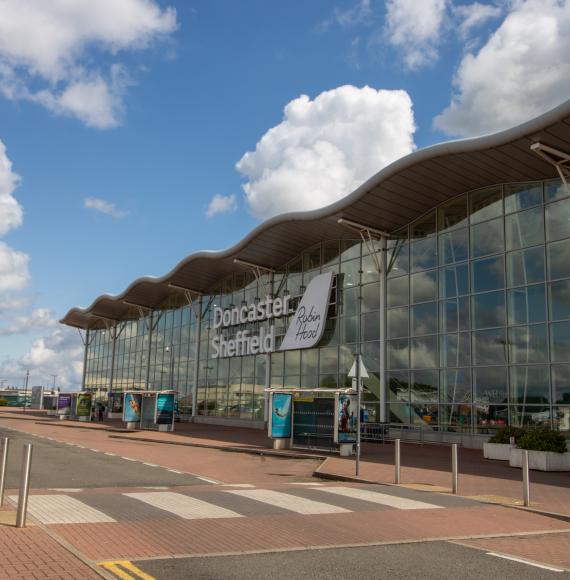The Institute for Government has released a report which suggests that central Government was late to involve local government in its Coronavirus testing.
The report, titled Decision Making in a Crisis assesses how the Government handled the pandemic, with particular emphasis on early decision making.
The government is criticised in the report for not adequately making use of local government services to make sure that testing was rolled out successfully across the country – with the Government’s strategy only changing because of pressure to deliver 100,000 tests per day and that simply not being possible with their centralised approach.
One key issue was that the government didn't consult local directors of public health on issues such as where drive-in testing locations would be place - this meant that NHS staff and social care workers had to travel long distances in order to get tested.
This has since been rectified since Local Resilience Forums (LRF) were later asked to help choose circuits for mobile testing units.
"The centre of government was late to consider how local government could help. But the pressure to deliver 100,000 tests a day did force it to rethink its previously centralised approach."
READ THE FULL REPORT HERE: DECISION MAKING IN A CRISIS
Some of the Government’s decisions were praised in the report, such as the decision for SAGE not only using medical evidence but also working alongside behavioural scientists and the National Police Chiefs’ Council lead for civil contingencies.
This tweak to the approach towards public health meant that the restrictions put in place were far more effective because the public were more likely to follow them, such as making measures “‘definitive’ rather than voluntary or optional measures and stressed the importance of their perceived efficacy for the public’s willingness to comply”.



















